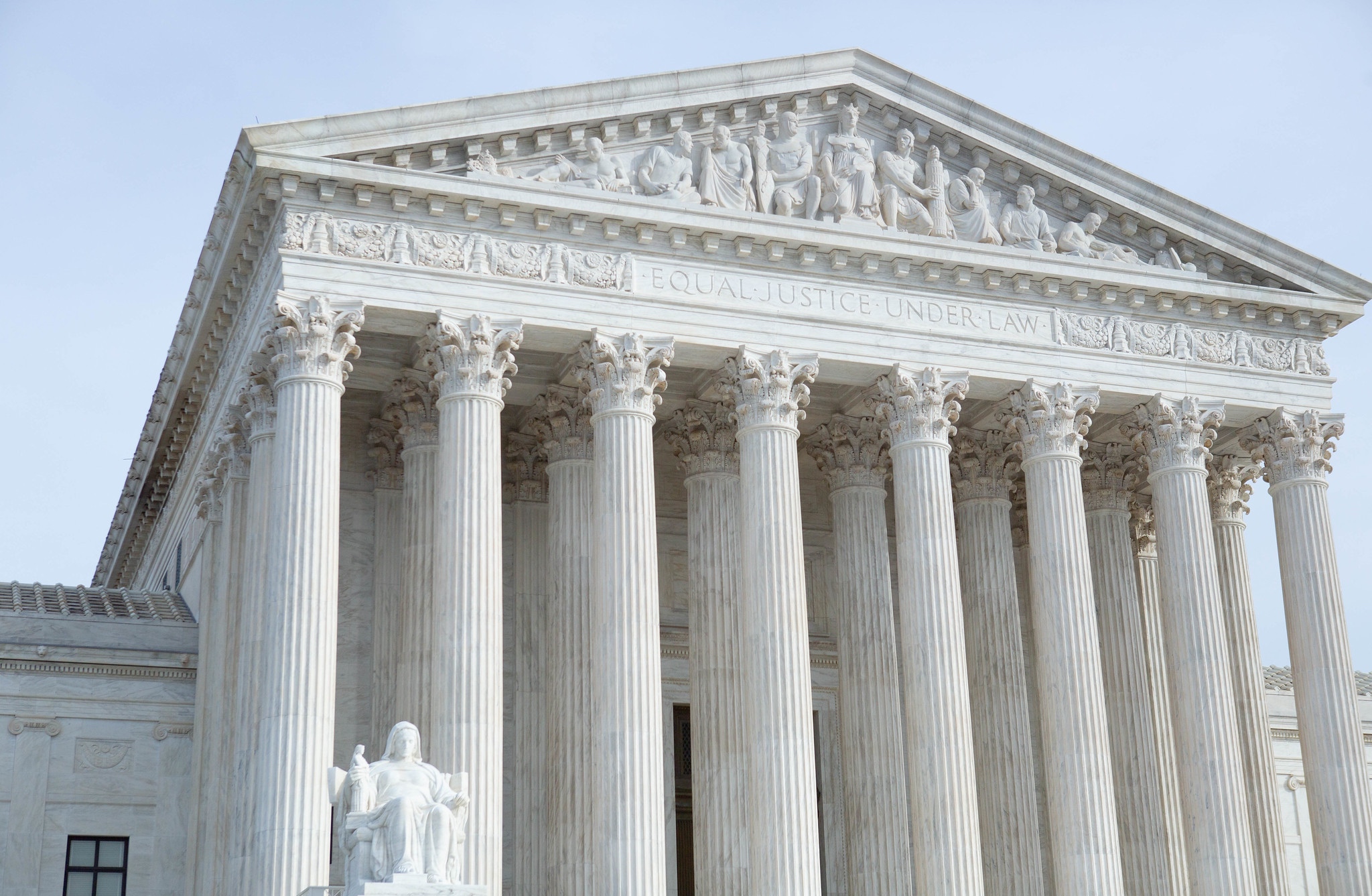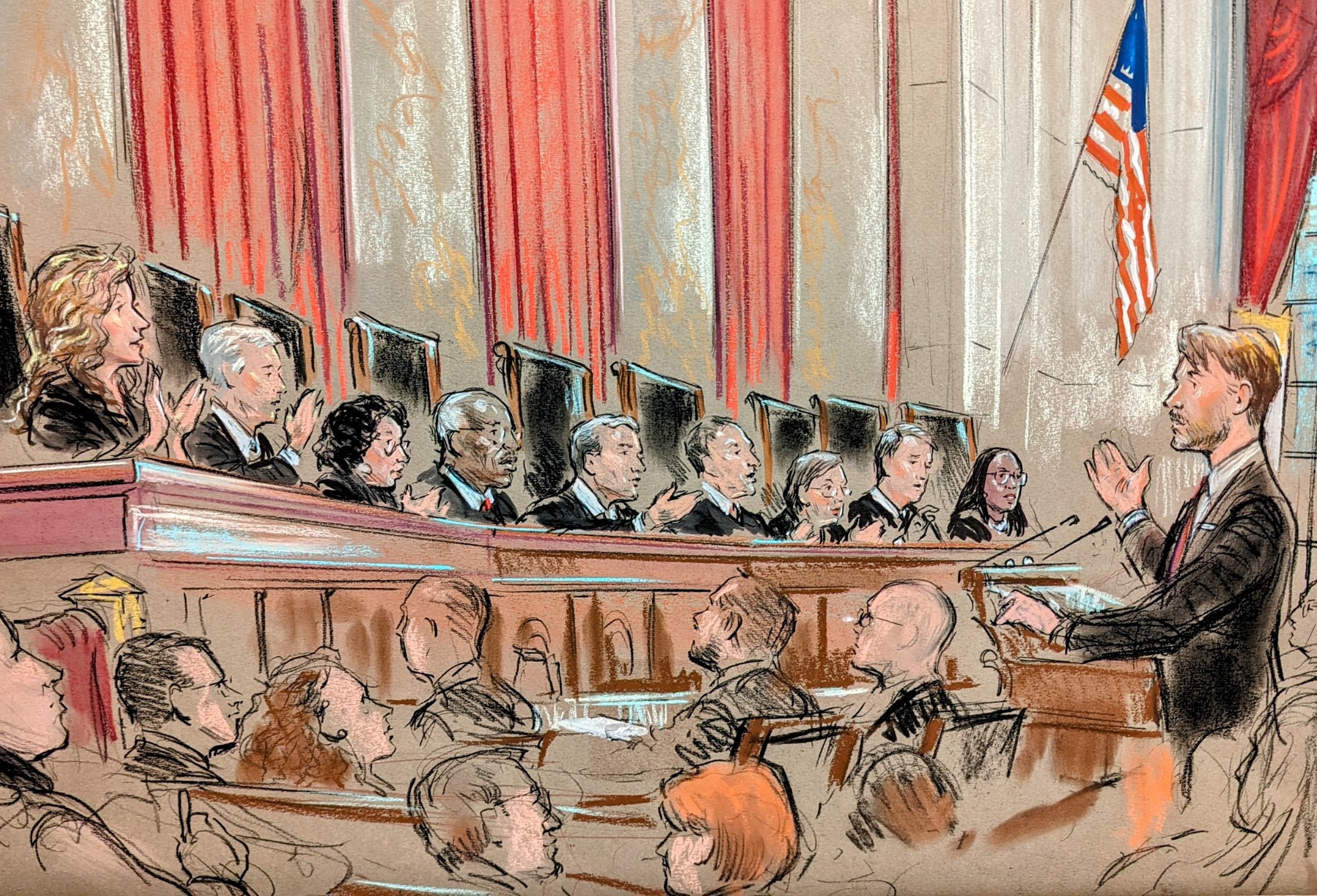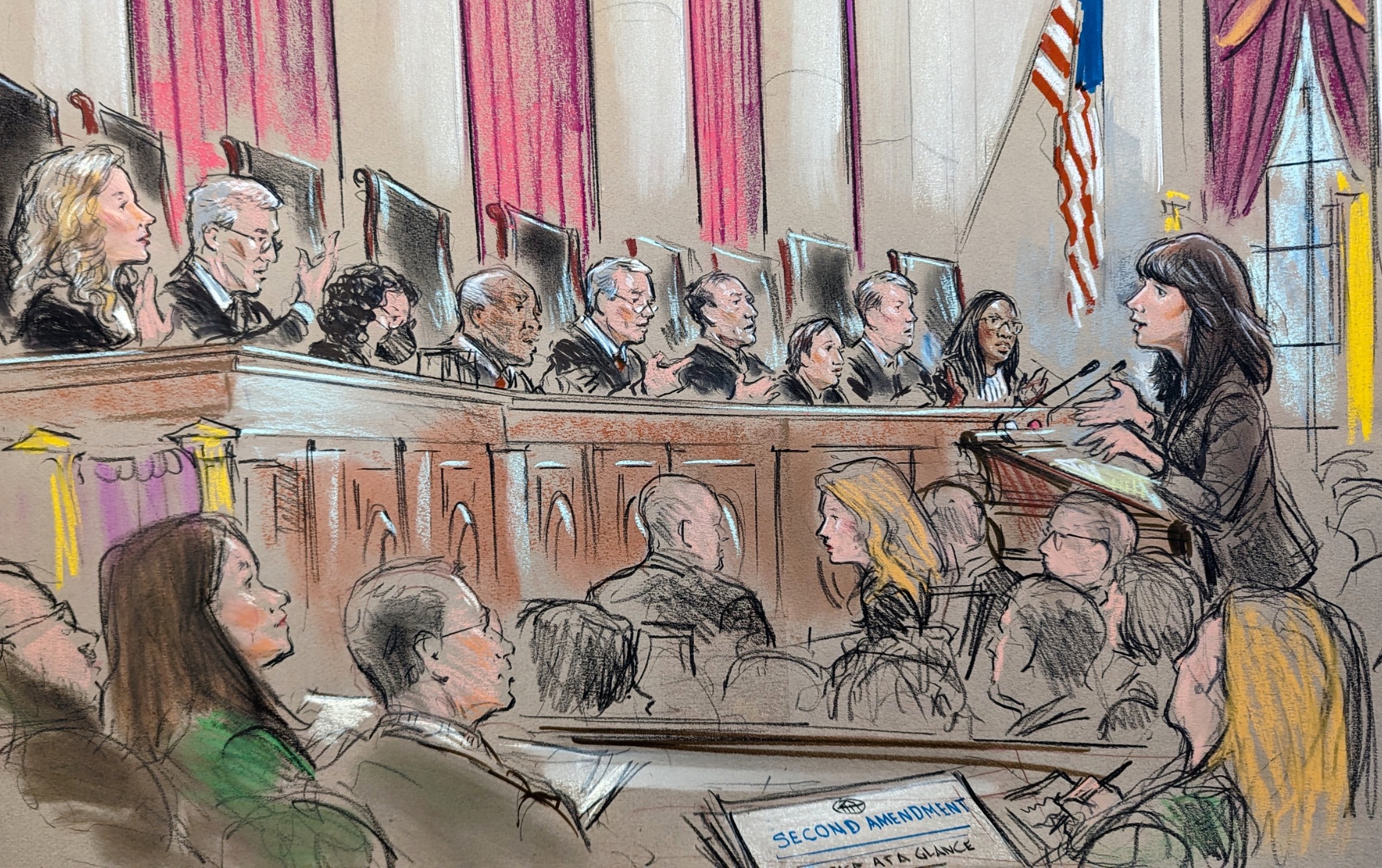Supreme Court adds four cases to next term’s docket
SCOTUS NEWS
on Jun 17, 2024
at 10:49 am
There are now 16 cases scheduled for the court’s 2024-25 term, which will begin in October. (Anthony Quintano via Flickr)
The justices on Monday morning added four new cases to their docket for the 2024-25 term. In a list of orders from the justices’ private conference last week, the court agreed to tackle issues ranging from the burden of proof for an employer hoping to rely on an exemption from the Fair Labor Standards Act to the pleading standards for cases under the Private Securities Litigation Reform Act.
Once again, the court did not act on a group of petitions urging them to weigh in on the constitutionality of bans on gender-affirming care for minors in Tennessee and Kentucky. They also did not take action on a group of petitions challenging bans on assault weapons and high-capacity magazines in Illinois.
In E.M.D. Sales v. Carrera, the justices agreed to decide what burden of proof applies to an employer arguing that it is exempt from the general requirement, imposed by the Fair Labor Standards Act, to pay employees overtime when they work more than 40 hours per week.
The question comes to the court in a case filed by three sales representatives of E.M.D. Sales, which distributes Latin American, Caribbean, and Asian foods to grocery stores in the Washington, D.C., area. The sales reps contended that because they worked 60 hours per week, they were entitled to overtime. But the company countered that the sales reps were “outside salesmen,” who are exempt from the overtime requirement.
The issue that the justices agreed to decide was whether the company must provide “clear and convincing evidence” that the exemption applies, or whether it must merely make that showing by a preponderance of the evidence. After the U.S. Court of Appeals for the 4th Circuit ruled that the company must meet the more stringent “clear and convincing evidence” standard, the company came to the Supreme Court, which asked the federal government to weigh in.
The Biden administration urged the justices either to take up the case or even reverse the lower court’s decision without additional briefing or oral argument. It explained that the 4th Circuit’s ruling was wrong and that the question is an important one. In a brief order on Monday morning, the justices granted E.M.D. Sales’ petition for review.
The justices also granted review in three additional cases:
- Kousisis v. United States, involving (among other things) whether the use of deception to bring about a commercial exchange can constitute mail or wire fraud, even if the scheme was not intended to inflict economic harm on the alleged victim.
- Nvidia Corp. v. E. Ohman J:or Fonder AB, involving the pleading standards to show knowledge or intent for securities-fraud claims that rely on internal company documents.
- Wisconsin Bell v. United States ex rel. Heath, involving whether reimbursement requests submitted to the Federal Communications Commission’s E-rate program are “claims” under the False Claims Act.
Monday’s addition of four cases to the court’s docket for the 2024-25 term brings the number of cases slated for argument to 16, with only two conferences (June 20 and the traditional “clean-up” conference after all of the decisions have been released) remaining before the summer recess.
This article was originally published at Howe on the Court.






